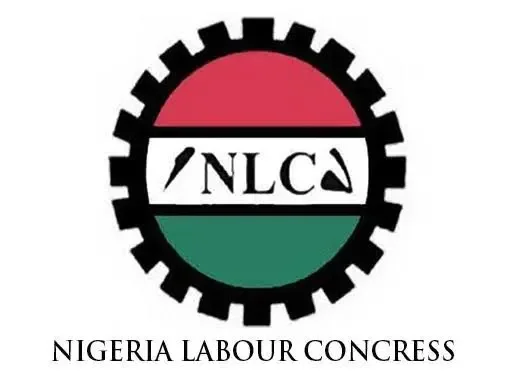On Monday, October 20, 2025, the Nigeria Labour Congress (NLC) issued a four-week deadline for the Federal Government to conclude negotiations with unions in tertiary institutions.
The announcement, made by NLC President Joe Ajaero during a meeting with labour journalists in Abuja, followed discussions with leaders of university-based unions at NLC headquarters.
The NLC criticized the government’s no-work-no-pay policy, used to penalize Academic Staff Union of Universities (ASUU) members for striking.
Ajaero called the policy unfair, arguing it punishes workers for issues often caused by the government’s failure to honor agreements. “This approach must end,” he said, proposing a reversal: “No pay, no work.”
Broadening the Focus
Ajaero emphasized that the issues extend beyond ASUU, affecting multiple unions in universities, polytechnics, and colleges. “Negotiations have started with ASUU, but the problems in this sector are bigger,” he said.
The NLC’s ultimatum covers all tertiary institution unions, demanding swift resolution to ongoing disputes over pay, conditions, and funding.
If the government fails to finalize talks within four weeks, Ajaero warned that the NLC’s National Executive Council would convene to plan nationwide action involving all Nigerian workers and unions. “We aim to resolve these issues at their core,” he stated, signaling a potential escalation if demands are unmet.
Challenging Broken Promises
The NLC leader pointed out that most strikes 90% by his estimate stem from the government’s failure to implement signed agreements.
“The era of signing deals only to threaten unions later is over,” Ajaero declared. He accused the government of instigating conflicts by ignoring commitments, which fuels unrest and disrupts education.
The no-work-no-pay policy, often used to deter strikes, has drawn particular ire. Ajaero argued it unfairly targets workers while ignoring the government’s role in triggering disputes. By flipping the policy to “no pay, no work,” the NLC aims to hold authorities accountable and push for fair negotiations.
Context of Tensions
The ultimatum comes amid growing frustration in Nigeria’s education sector. ASUU has repeatedly clashed with the government over unpaid salaries, inadequate funding, and poor infrastructure.
Recent strikes have disrupted academic calendars, leaving students and parents exasperated. The NLC’s broader call for action reflects solidarity with all tertiary workers facing similar challenges.
Ajaero’s remarks follow reports of government efforts to engage ASUU, but progress remains slow. The inclusion of other unions in the ultimatum underscores the widespread nature of the issues, from lecturers to non-academic staff.
The threat of nationwide action signals the NLC’s readiness to mobilize beyond the education sector if needed.
Looking Ahead
As the four-week deadline looms, Nigeria’s government faces pressure to resolve these disputes. The NLC’s stance highlights the need for reliable agreements and fair treatment of workers. Failure to meet the ultimatum could spark a major labor movement, potentially halting services across sectors.
The education sector, critical to Nigeria’s future, hangs in the balance. Ajaero urged stakeholders to support the unions’ push for change, emphasizing that resolved negotiations would benefit students, workers, and the nation.
As talks continue, the NLC’s bold move sets the stage for a pivotal moment in Nigeria’s labor and education landscape.
READ MORE: Trump Questions Long-Term Viability of China Tariffs






